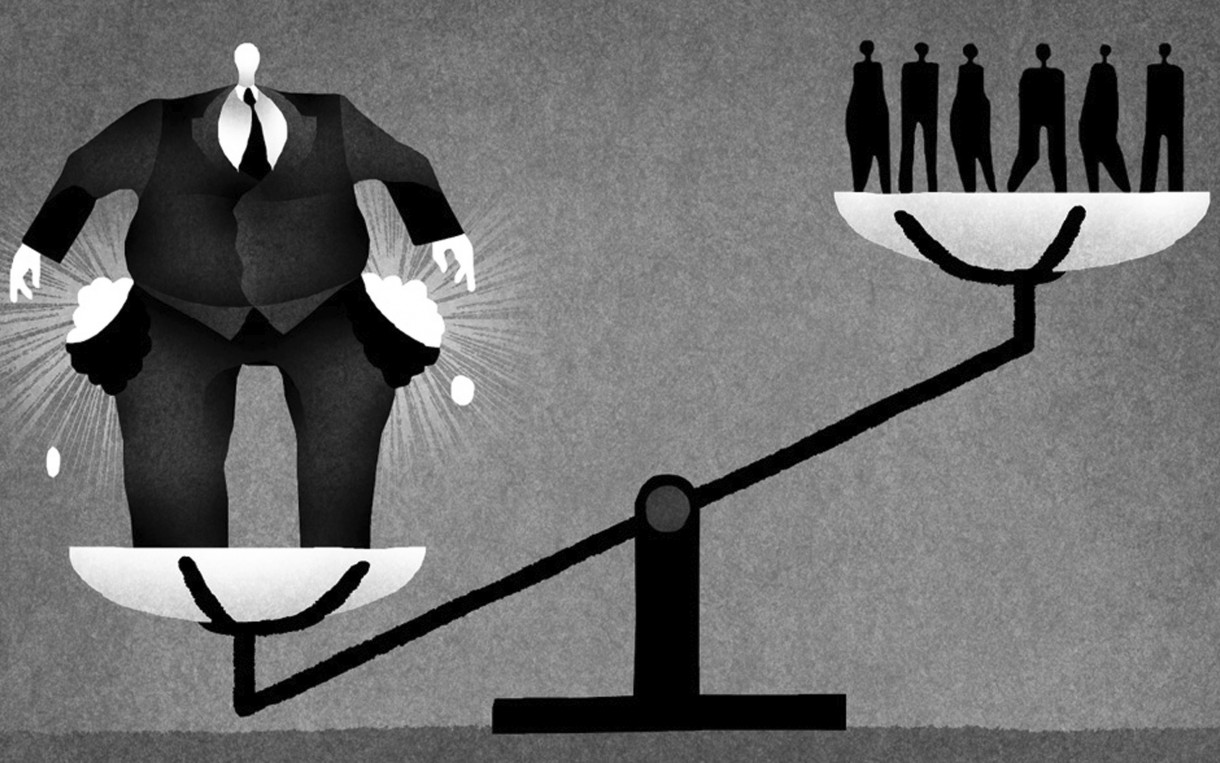I've long made the case for a basic income (aka a Negative Income Tax) on the basis that it would simplify the welfare system and make sure people always have an incentive to work. My fear is that in-work poverty will be the challenge of our time, just as unemployment was in the 1930s and inflation was in the 1970s, because things that are raising living standards overall like globalisation and automation may be leaving behind people at the bottom of rich societies. Consider what options the former steel workers at Redcar now have. But Charles Murray's argument for a basic income is different:
My real goal with all of this is to revive civil society. Here’s what I mean by that: You have a guy who gets a check every month, alright. He is dissolute; he drinks it up and he’s got 10 days to go before the next check comes in and he’s destitute. He now has to go to friends, relatives, neighbors or the Salvation Army, and say, “I really need to survive.” He will get help.
But under a guaranteed basic income, he can no longer portray himself as a victim who’s helpless to do anything about it. And you’ve got to set up feedback loops where people say, “Okay, we’re not going to let you starve on the streets, but it’s time for you to get your act together. And don’t tell us that you can’t do it because we know you’ve got another check coming in in a couple of days.”
A guaranteed basic income has the potential for making civic organizations, families and neighborhoods much more vital, helpful and responsive than they have been in decades. ...
Right now, people can say, “What am I going to do? There’s no job out there. There’s this or that.” If you’re getting a check every month, you are not without resources, and that opens up a whole new dialogue between you and the other people around you.
America’s always been very good at providing help to people in need. It hasn’t been perfect, but they’ve been very good at it. Those relationships have been undercut in recent years by a welfare state that has, in my view, denuded the civic culture.
That's an interesting thought. "Primary poverty" is usually thought of as just not having enough to get by, no matter how hard you try. I think that probably describes the situations of most poor people in the world today. "Secondary poverty", though, is the poverty that comes from wasting the resources or skills you have through low conscientiousness, addition, laziness or something else.
I've always thought of a basic income as being a very good solution to "primary poverty", while perhaps risking exacerbating "secondary poverty". But if Murray is right that the state crowds out civil society, then perhaps there is a very conservative case for rolling it back, and just giving people the cash instead.














